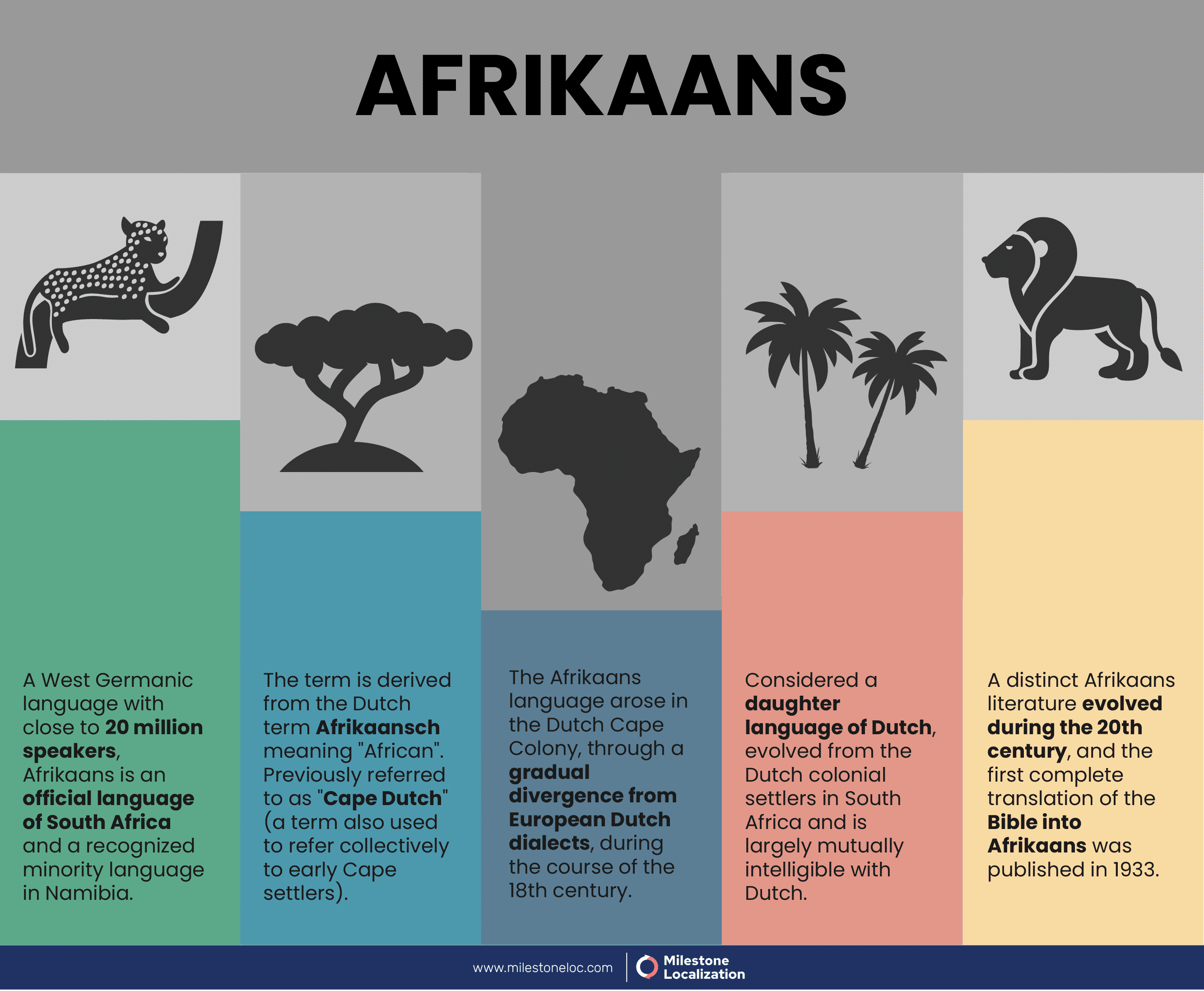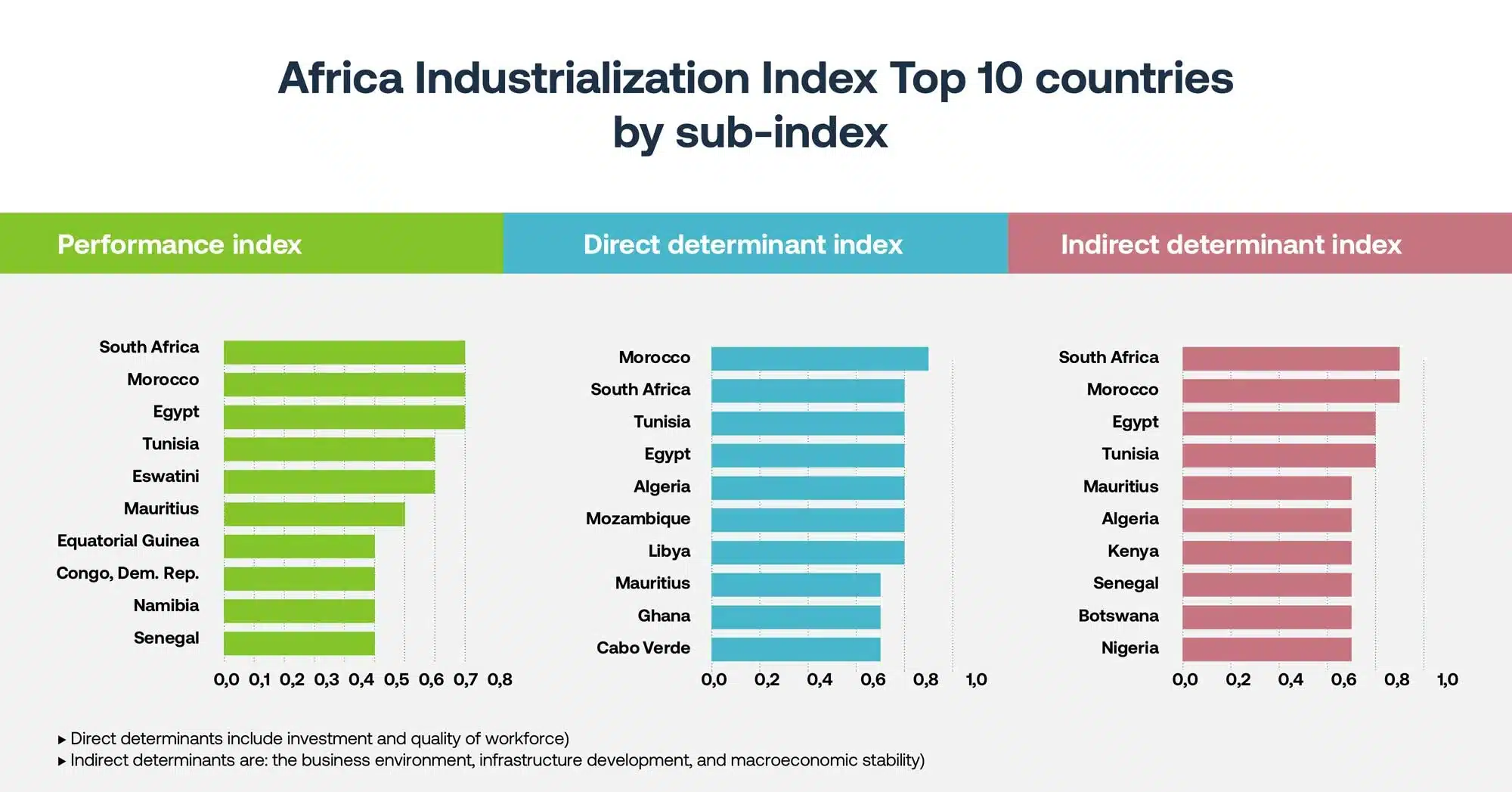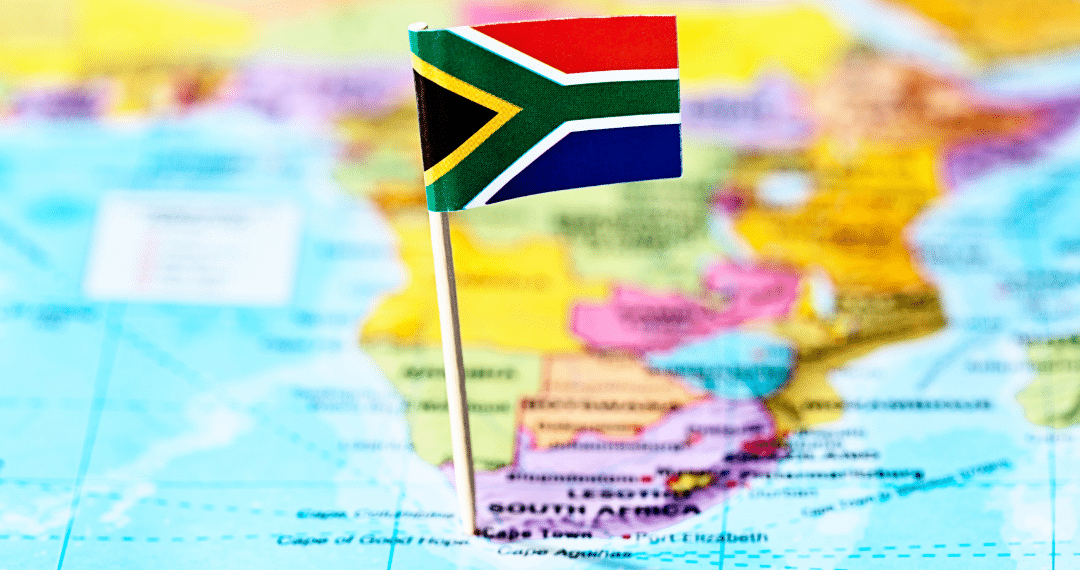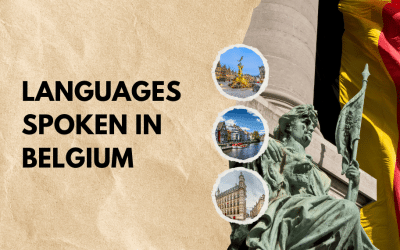South Africa is often referred to as the ‘Rainbow Nation’ due to its vibrant cultures, picturesque landscapes, and incredible economic potential.

For entrepreneurs and businesses looking for a dynamic and diversified market to expand into, South Africa could be a perfect fit.
Understanding the intricacies of the local way of life is paramount. Among these complexities is the diverse tapestry of languages, which plays a central role in shaping the business landscape.
With 11 official languages, South Africa offers a linguistic diversity that can either be a daunting barrier or a powerful bridge to success for those who decide to enter its market.
In this blog post, we’ll explore the importance of local languages in doing business in South Africa and how this linguistic diversity can be harnessed as a key asset in your business journey.
Also read : professional document translation services.
Connect with your South African customers in their native languages
Milestone helps you seamlessly translate content & localize your website, products, and services for more reach, better conversions, and greater sales.
Economy of South Africa
South Africa has one of the most diversified and industrialized economies on the African continent. Its key sectors include mining, agriculture, manufacturing, and services.
In 2022, South Africa’s GDP was estimated at approximately $405 billion, solidifying its position as the second-largest economy in Africa after Nigeria. It is set to become Africa’s largest economy in 2024.

Also read : Languages Spoken In Texas & Its Bilingual Education System
Nevertheless, there are also some persistent issues, such as high unemployment and income inequality, that the country is trying to resolve.
The mining industry, considered a historical pillar of the South African economy, contributes roughly 8% to the GDP annually. Agriculture is another vital sector of the economy, accounting for approximately 2.5% of GDP. As South Africa aims to enhance its agricultural sector, exploring the implementation of digital twins in agriculture could offer valuable insights, enabling optimized farming practices, efficient resource management, and improved crop yields through data-driven simulations and predictive analytics.
What’s more, a substantial portion of the population is employed in the agricultural sector.
Meanwhile, the diverse manufacturing sector, which includes automotive, textile, and food processing, has contributed around 11% to South Africa’s GDP. It’s important to mention that infrastructure developments to aid the manufacturing and agricultural sectors are one of the main goals for the country.
The services sector stands as the largest part of the economy, making up over 65% of GDP in 2020. This sector covers finance, tourism, and retail. In this regard, South Africa is actively working towards attracting foreign investors.
Overall, South Africa has a well-developed financial sector and remains a regional economic powerhouse. As such, the country exerts a significant influence on the economic development of the African continent.
The official languages of South Africa
South Africa’s diverse cultural landscape is reflected in its eleven official languages, each of which has its unique history and significance.
To thrive in South Africa’s business environment, understanding and leveraging these languages is essential. To do so, however, you have to be well acquainted with the South African linguistic heritage.

Zulu
Zulu or isiZulu is among the widely spoken languages in the country. It is predominantly spoken by the Zulu people and is part of the Nguni group of Bantu languages.
There are over 12 million Zulu speakers. The Zulu language has greatly contributed to South Africa’s literary and musical traditions.
Xhosa
Xhosa, also known as isiXhosa, is the second most widely spoken language in South Africa. The language is easily recognized with its distinctive click-like sounds.
Approximately 16% of the population speaks isiXhosa, which is about 9 million people. The language is central to South African society.
It is spoken primarily by the Xhosa people. Interestingly, it has gained international recognition through the work of well-known figures like Desmond Tutu and Nelson Mandela.
Afrikaans
Afrikaans is derived from Dutch and is considered a West Germanic language that evolved over centuries in South Africa.
Spoken by 8 million people, Afrikaans is the third most widely used language in the country.
It was developed as a lingua franca among Dutch settlers in South Africa. As it became more widely spoken, it evolved into a distinct language.
Today, it is spoken by millions of South Africans. Thus, Afrikaans serve as a language of cultural expression for the African community in the country.

English
English was introduced during British colonial rule in the country. Today, it is spoken by approximately 5 million people and serves as a lingua franca in South Africa among the country’s diverse population.
It is also the language of business, government, and education. What’s more, English plays a vital role in connecting the country to the global community.
Northern Sotho
Northern Sotho is a Bantu language spoken by the Sotho people. It is also known by its other names, such as Sesotho sa Leboa or Sepedi, and is spoken by over 4 million people.
Northern Sotho is central to the culture of the Sotho people and it is a key component of their oral traditions, literature, and cultural festivals.
Tswana
Tswana, or Setswana, is another Bantu language which is spoken mainly by the Tswana people.
The Tswana language has a rich cultural heritage. It is commonly used for storytelling, and poetry, as well as preserving the traditions of the Tswana people. There are approximately 4 million speakers in the country.
Sotho
Sotho is also known as Sesotho or Southern Sotho and is spoken by 3 million people.
It plays a crucial role in the culture and identity of the Basotho people. Sotho is celebrated through dance, music, and oral traditions.
Venda
Venda is the language of the Venda people. It is also often referred to as Tshivenda. It is primarily used in the northern regions of the country.
Venda stems from the Bantu language family and is recognizable for its distinct tonal qualities.
Tsonga
Tsonga, also known as Xitsonga, is spoken by the Tsonga people in South Africa. It is primarily used in the northeastern parts of the country and is known for its musical and rhythmic qualities.
Swati
Swati, or siSwati, is primarily spoken by the Swazi people in South Africa. It is widely spoken in the Mpumalanga and Limpopo provinces.
Swati belongs to the Bantu language family.
Ndebele
Ndebele, also known as isiNdebele, is a language primarily spoken by the Ndebele people in South Africa.
It is widely used in the Mpumalanga and Gauteng provinces.
Also read: Top 5 English-Speaking Countries In Africa
Major Languages Spoken in South Africa
Additional languages are spoken in South Africa, beyond the official eleven, including dialects such as KheLobedu, SiNrebele, SiPhuthi, as well as mixed languages like Fanakalo and Tsotsitaal.
It’s important to mention that newcomers from North, Central, and West Africa have also added to the linguistic tapestry, especially in major cities.
Additionally, Angloromani is spoken by the South African Roma minority.
Immigrant communities contribute to linguistic diversity with languages such as Greek, Gujarati, Hindi, Portuguese, Tamil, Telugu, Bhojpuri, Awadhi, Urdu, Yiddish, Italian, Dutch, French, and German.
Furthermore, Cantonese and Hokkien are spoken among older Chinese immigrants, while Mandarin Chinese is more common among recent arrivals.
These non-official languages are used in specific communities, reflecting their cultural identities, and Portuguese and French are among the fastest-growing non-official languages in South Africa.
Also read: French Speaking Countries In Africa
Business Opportunities in South Africa
South Africa presents a diverse array of business opportunities across various sectors:
Mining and Natural Resources: The country’s rich mineral resources and mining industry offer potential in gold, platinum, diamonds, and renewable energy.
Agriculture: Agriculture offers a lot of opportunities in commercial farming, food processing, and wine production.

Also read: Top 10 Subtitling Companies : How To Choose The Right One
Tourism: The vibrant tourism and hospitality sector is among the leading sectors due to the country’s natural beauty and cultural diversity.
IT sector: South Africa offers a growing ICT industry, especially in software development and fintech, which beckons tech entrepreneurs.
Manufacturing: Manufacturing spans automotive, aerospace, and pharmaceuticals, with Special Economic Zones promoting exports.
Keep in mind that navigating the South African market requires thorough research and an understanding of the linguistic landscape of the country.
Also read: Essential Guide To Translate International Trade Documents
Connect With Your South African Customers In Their Native Languages
Milestone helps you seamlessly translate content & localize your website, products, and services for more reach, better conversions, and greater sales.
What is the language of business in South Africa? What languages are most important to do business here?
The language of business in South Africa is primarily English.
English is widely used for business and commerce in the country. It is the language of government and administration as well. South Africa’s legal and financial systems also operate in English.
Overall, the English language is essential for international business in South Africa.
Nevertheless, South Africa is a linguistically diverse country, and as you already know, there are 11 official languages recognized in the constitution.

While English is undoubtedly crucial for business in South Africa, having some knowledge of the local languages can be advantageous when conducting business, especially in more remote or culturally diverse areas of the country.
Having some knowledge of the local languages can demonstrate respect for the local culture and help build stronger business relationships. What’s more, providing information translated into the local language can attract local customers, making them feel heard and seen.
However, for business interactions and international negotiations, English remains the most important language to use in South Africa.
Also read: Top 6 Languages For Your Business
Challenges in doing business in South Africa
Doing business in South Africa presents various challenges that entrepreneurs and international companies should be aware of, such as:
High unemployment rates and income inequality: These two challenges create a complex social and economic environment.
Bureaucracy: It can hinder the ease of doing business, so a good understanding of the local laws is a must.
Infrastructure: South Africa’s infrastructure, despite being continuously improved, still has some gaps in areas such as transportation and energy.
Multilingualism: The South African population is very linguistically diverse, which can be challenging in several aspects, such as educating or instructing employees or reaching the customer base.
While the country offers numerous business opportunities, it’s essential to navigate these challenges with careful planning, local partnerships, and a deep understanding of the market’s cultural and linguistic diversity.
South African Business culture & etiquette
South African business culture and etiquette are shaped by the country’s diverse society and its history. Building a successful business in the country highly depends on how well you navigate the local business culture and etiquette.
To avoid confusion and misunderstanding, make sure you follow these tips:
Personal relationships with your business partners: Building strong personal relationships is crucial. Also, it’s common to engage in small talk before discussing business matters.
Be polite: A handshake and a friendly greeting are customary when meeting someone for the first time.

Be punctual: Punctuality is appreciated, although meetings may start a bit later than scheduled.
Wear formal attire: Business attire is typically formal, but it may vary depending on the industry.
Respect the hierarchy: Decision-making can be hierarchical, so it’s essential to respect seniority within organizations.

Be respectful towards the local languages and cultures: South Africa’s diverse linguistic landscape means that English is widely used in business, but acknowledging the country’s official languages can be seen as a sign of respect.
Also read: Business In Japan: Cultural Differences You Need To Know
Conclusion
South Africa is incredibly diverse in terms of its linguistic and cultural landscape. What’s more, its growing economy offers a wide array of business opportunities in various sectors, such as natural resources, IT, manufacturing, tourism, etc.
It’s important to keep in mind, however, that the success of your business in the local market highly depends on your understanding of the local languages and cultures.
Connect with your South African customers in their native languages
Milestone helps you seamlessly translate content & localize your website, products, and services for more reach, better conversions, and greater sales.




